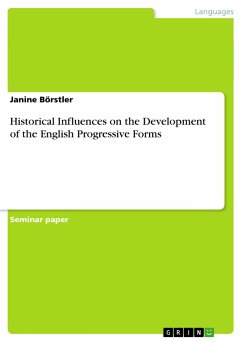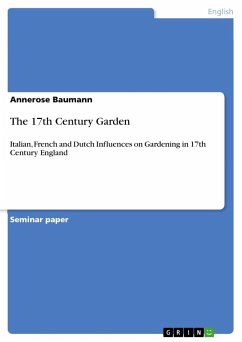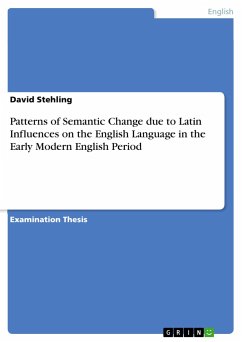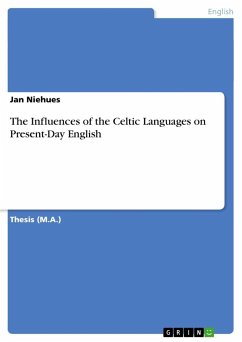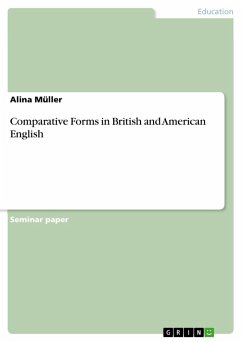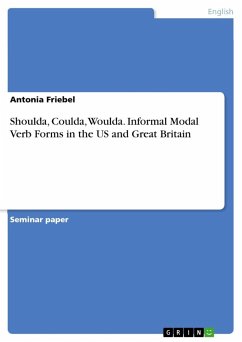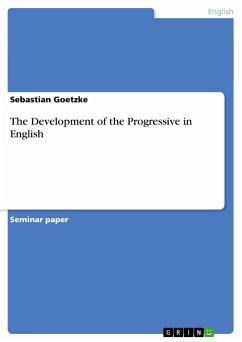Seminar paper from the year 2012 in the subject Didactics - English - Grammar, Style, Working Technique, grade: 1,3, University of Potsdam (Institut für Anglistik/Amerikanistik), course: History of English Morphology , language: English, abstract: The Progressive Form is a feature that distinguishes the English language from all other Germanic languages, which have no parallel construction to offer. But not only is it rare, it is also special in a way that over the development of English its frequency has been in increase. It is for these reasons that this paper tries to determine to what extent the development of the English Progressive Form was influenced by other languages.For this purpose the different stages of the development of the Progressive Form will be illustrated along with the evolution of the English language as such, after providing basic information on the grammatical concept of aspect. Subsequently the four contact situations between the English and the Celts, Romans, Danes and Normans will be described and information on their languages as well as their influence on the English Progressive Form will be gathered. In a final step the findings of the previous chapters will be brought together in order to answer the question at hand.I would like to point out that the History of the English language by Baugh and Cable has been very helpful in conducting the historic knowledge required in this context. The works of Niehues, Lamont and Wischer have proven to be useful sources for examples from the developing stages of English and the languages it was in contact with. In Filpulla's paper a very clear line of argumentation concerning the importance of the various contact situations can be found. Seldom, however, did I find works that combined findings on all those aspects, which is the aim of this paper.

